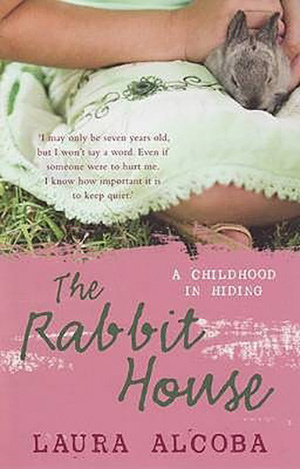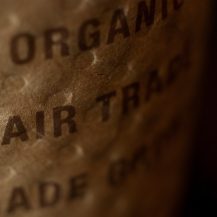On Laura Alcoba's 'The Rabbit House'
A unique exploration of a childhood interrupted by the onset of dictatorship and widespread repression.
This text originally published: 31 May 2010

The Rabbit House is a short and poignant personal memoir of the onset of Argentina's 1976-1983 military dictatorship, told from the perspective of a seven-year-old girl whose parents were involved in the Montonero resistance movement. The book effectively captures the paranoia of her family and their associates as they seek to disguise their involvement in the secret printing and distribution of the Montonero newspaper by going underground and posing as rabbit farmers.
Alcoba's prose skillfully balances the voice of the book's child protagonist—her need for attention and respect from elders; the personal ruptures of switching schools and homes; her growing sense of political understanding, however influenced by her adult mentors—with the adult author's attempt to comprehend and cope with the betrayal that radically transformed her childhood.
While the personal memoir is engaging in its own right, The Rabbit House also offers a unique child's perspective on issues of memory, popular resistance, state terror, and dirty war. Well worth the read.
NB: My review refers to the paperback edition from Portobello Books, 2009 (English translation). The original version is Manèges, published by Gallimard in France in 2007.
The Rabbit House: A Childhood in Hiding
Laura Alcoba
Portobello Books, 2008


